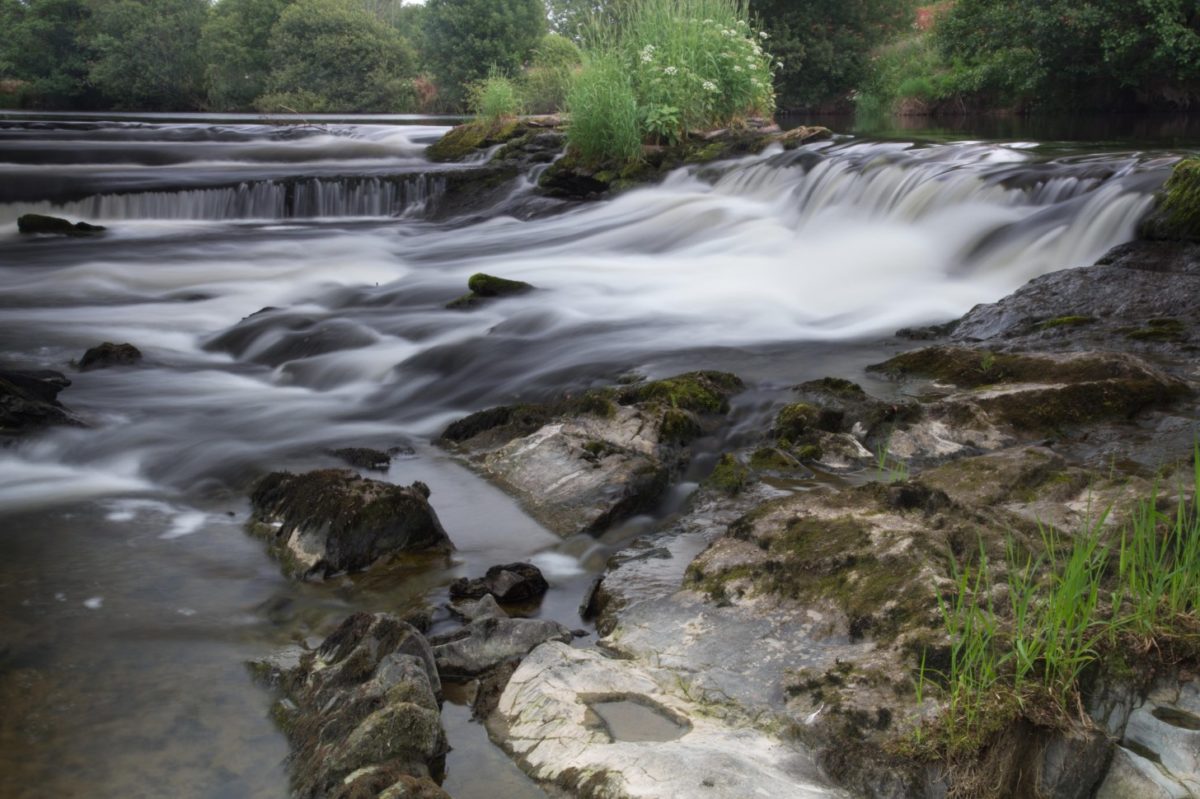Scottish Water is publicly run and 67% of its rivers are in good health. England shows this isn’t a coincidence
Scottish Water says it needs £650m in new investment to end sewage discharge into rivers. The relatively modest estimate throws into question the vast sums that have been quoted by the English private sector.

Dumping sewage into our rivers is causing a growing public scandal – and rightly so.
The Lords amendments to the Environment Bill – which we covered on Brexit Spotlight – have hit the headlines as the government are opposing proposals to place a duty on water companies, “to take all reasonable steps to ensure untreated sewage is not discharged from storm overflows and improve enforcement of illegal discharges”. Feeling the pressure from their constituents, the government is scrambling to try and find a compromise with the Lords.
Environment Agency regulations state that release valves called “combined sewer overflows” can be used to dump human waste into rivers or seas, but only in cases of very heavy rainfall. The alternative to this would be sewage backing up into our own homes.
This non-choice is the result of decades of under investment. Water privatisation in England has been an environmental disaster, as companies fail to invest, prioritising profit over people. Between 1991 and 2020 private water companies in England paid out over £57 billion in dividends to their shareholders – money that could have been reinvested to protect our environment. In the last ten years, company directors’ pay has also soared. The earnings of the nine water companies’ highest-paid directors rose by 8.8% in 2019, to a total of £12.9m.
To make matters worse, water companies are borrowing to pay out these vast sums to directors and shareholders. It all smacks of a broken system that is starving the waterways of desperately needed investment.
Researchers at the University of Greenwich also found that investment, when it’s been made by the English water companies, has been forced upon them by EU regulations.
Scotland shows the true scale of England’s dirty river crisis
According to the Environment Agency, the dumping sewage overflow provision has been used on more than 400,000 occasions in 2020 alone. So, what was meant to be an emergency measure, has now become a routine cost-saving device.
Does Scotland show there is an alternative to this system? Scottish Water is a wholly public entity directly accountable to the Scottish Parliament. It offers lower bills than any of the English companies, and invests around 35% more in infrastructure. This is delivering results for the Scottish taxpayer and public.
Whereas a recent investigation found that none of England’s rivers and waterbodies are in good health, 67% of those in Scotland are. But the issue of sewage pollution into rivers is a growing one in Scotland, too.
To deal with the Scottish river pollution crisis, Scottish Water estimates that it needs £650m to invest in new infrastructure. The significance of this figure lies in how it is only a fraction of the vast sums the privatised English water companies have been quoting to fix the river pollution crisis south of the border.
Even taking into account Scotland has only 10% of the population of England, the difference is staggering. Conservative MPs have defended their pro-river sewage votes by claiming that fixing the English waterways would cost between £150 billion and £650 billion – figures they have lifted uncritically from the private sector.
How does Brexit fit in?
The supply chain crisis – exacerbated by Britain’s exit from the EU – has also played a role. The chemicals used to treat sewage are in short supply. As a result, the Government issued guidance to water and sewage companies essentially allowing them to break existing regulations in terms of the necessary wastewater treatment prior to discharge. This means that partially treated sewage is now given the go-ahead to be dumped into English rivers.
The Environment Agency acknowledged Brexit as a factor and stipulated the emergency sewage dumping will continue until the end of the year, with an extension possible. The notice was specifically addressed to sewage companies that could not get chemicals due to “the UK’s new relationship with the EU” or Covid. Firms were also told that the Environment Agency would desist from taking enforcement action in certain cases. However, given the already routine use of ‘emergency’ overspill rules, it is not clear how big a factor this is in the English crisis.
So, the case of England’s appalling river pollution is another reminder of the toxic combination of privatisation and deregulation with Brexit economic nationalism. Scotland shows we don’t have to accept this: there is an alternative.
October 27, 2021
Brexit Spotlight is run by Another Europe Is Possible. You can support this work by joining us today. The website is a resource to encourage debate and discussion. Published opinions do not necessarily represent those of Another Europe.





